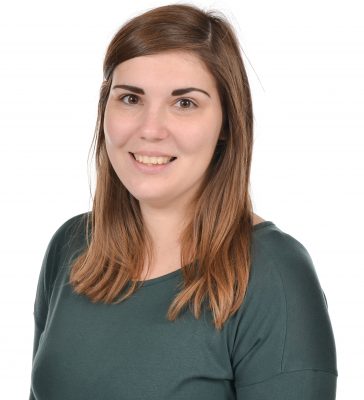 Miss Scrutton
Miss Scrutton
MFL Subject Lead
Intent
At Martlesham Primary Academy, we learn French in Key Stage 2. We understand that a number of the High Schools that we feed into teach French and therefore, we are providing a foundation for the children’s learning in Key Stage 3.
We intend that our MFL curriculum will enable all children to develop a positive attitude towards learning a modern foreign language. We view MFL as an important area of learning and at MPA, this insight into another culture deepens the children’s understanding of the world and builds upon their language skills whilst gaining confidence, curiosity and a love for learning languages. We aim to introduce the learning of the French language and the understanding of its culture in enjoyable and stimulating ways, whilst embedding the essential skills of listening, reading, speaking, writing and grammar. Children will extend their knowledge of how language works, exploring the similarities and differences between French and English.
Where possible, French lessons will link to the thematic approach to learning that occurs in each classroom as well as within real-life contexts to allow the children to apply their language skills with meaning. Furthermore, we will also help strengthen the children’s sense of identity through learning about culture in other countries and comparing it with their own.
Implementation
Our MFL curriculum has been designed to progressively develop skills in French. ‘Language Angels’ is used as a basis for the delivery of our French lessons, which has been adapted to suit the flexible structure of MPA.
Children will progressively acquire, use and apply a growing bank of vocabulary, language skills and grammatical knowledge organised around age-appropriate topics and themes. Within this, they will build blocks of language into more complex, fluent and authentic language.
All children in KS2 are taught French in discrete lessons which will develop one or a mixture of their speaking, listening, reading, writing or grammatical skills. Evidence of learning can include writing activities, responses to listening activities and a brief description of speaking activities where evidence is difficult for the children to record.
All tasks will have clear, achievable objectives and children will be given the opportunity to ask and answer questions, use correct pronunciation and grammar (as modelled by the teacher and on the Power Points), memorise words, interpret meaning, work in pairs and groups to communicate in French and look at life in another culture.
French is taught in a whole-class setting by the class teacher and is therefore not reliant on one key member of staff. Teachers plan their lessons using our progression of knowledge and skills document and the Language Angels scheme of work. Each KS2 class has a timetabled lesson of at least 30 minutes per week and cover at least one unit per half term. All KS2 children have access to the MFL curriculum and variations of task, grouping, support from an adult or adaptations are put in place to support this.
A variety of teaching approaches are used within French lessons:
- Power Points and interactive whiteboard materials
- Pronunciation sound clips of the vocabulary being taught included in the Power Points
- Opportunity for oral rehearsal
- Repetition of key vocabulary and language structures
- Opportunities to apply key vocabulary and language structures
- Units which build progressively to build up understanding of language patterns and grammar through their application of prior knowledge
- Opportunities to develop intercultural understanding and awareness
- Comparisons to English to identify similarities and differences
- Focus on one or a combination of speaking, listening, reading, writing and grammar in each lesson
Key French phrases which link to areas of the school are displayed, introducing children in EYFS and KS1 to the language which they will study in the future. This creates curiosity and interest around French before beginning to learn.
Impact
The children will confidently be able to use basic vocabulary of French to communicate both verbally and written, be able to identify the meaning of sentences they hear or read using a range of strategies taught to them and discuss prior learning, relating it to the next learning which they are completing in MFL.
Formal assessment in French takes place at the end of each unit, assessing the children’s understanding in speaking, listening, reading and writing. This is collated on Language Angels for the subject leader to analyse and provide support for which children and which areas of French teachers should focus on. Informal assessment takes place within each lesson, providing the teacher with gaps in the children’s French and identifying areas of strengths and weakness for the class.
The subject leader monitors the quality of teaching in French across KS2, completing learning walks, book looks, pupil voice and data analysis. These take place predominantly in the term in which MFL is a focus subject, to support with the workload of the subject leaders in our small school.
Wider and Extra Curricular Opportunities:
- All children take part in Bastille Day (beginning in 2024), on or near to 14th July, introducing EYFS and KS1 children to French and the French culture and extending the knowledge of French culture for children in KS2.
Progression Documents